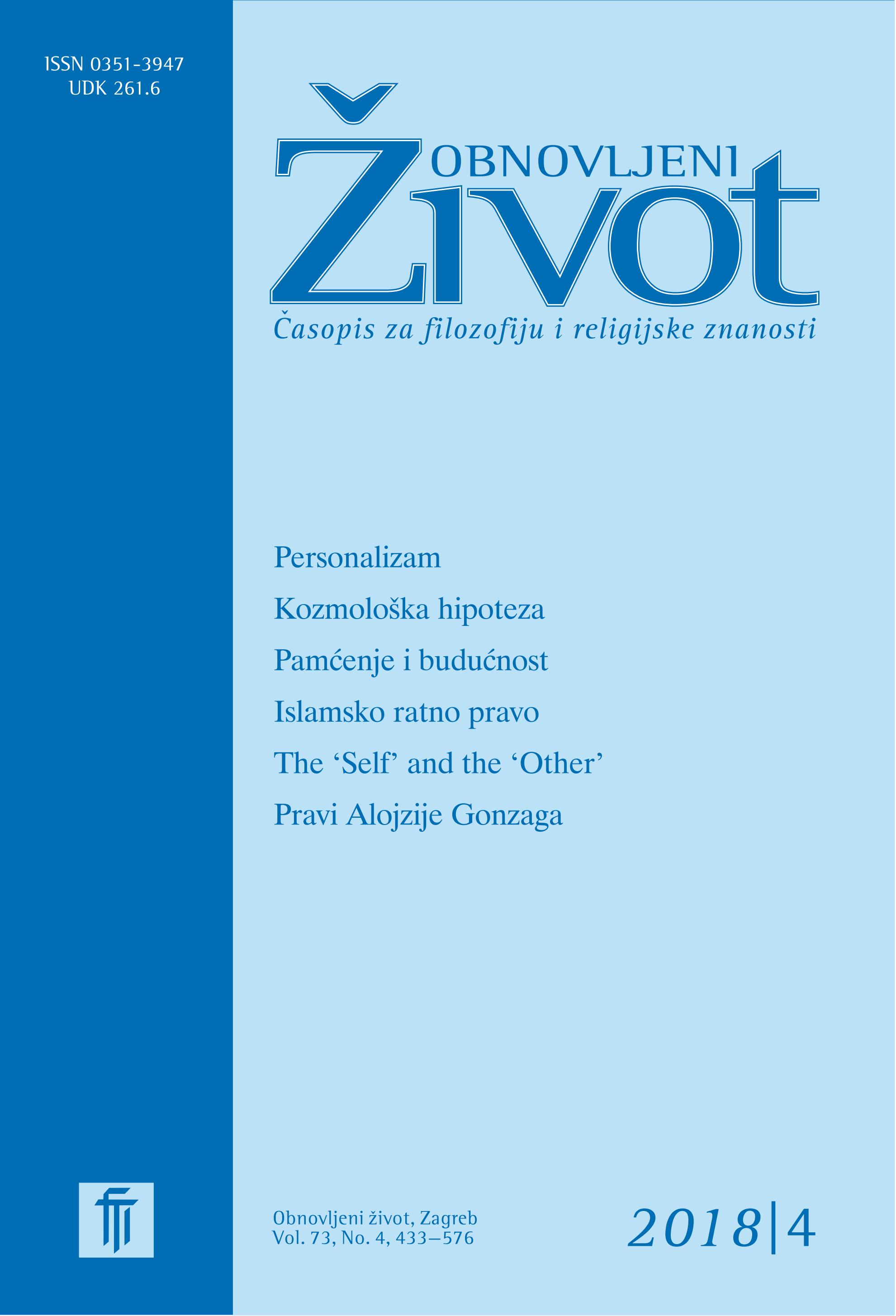Ius ad bellum & ius in bello in Early Islamic Civilization
Keywords:
Akham al–Hiraba, Akham al–Bughat, Akham al–TariqAbstract
The contemporary legal and political debate on Islamic law is, for the most part, related to global violence and studied within the matrix of global Islamic terrorism. In these academic and political discussions, the ascertaining of violence in Islam is done mainly in relation to Islamic law –Shari’ah and Fiqh— which are not part of divine Islamic law, but primarily legal rules established through the interpretation of divine Islamic law by God’s human agent on earth. The interpretation of divine law by a human agent can lead to error in interpretation and application of its norms, particularly in regard to the Islamic law of war. The potential legal conflict between the norms of Islamic divine law and their human interpretation can produce a high level of legal confusion which could lead to political turmoil in Islamic countries. Due to the effects of the constant internal social and political reforms of Islam and the external influences of powerful early non–Islamic civilizations, the norms of the Islamic law of war are constantly and increasingly becoming more flexible in their
meaning and interpretation.
The norms of the Islamic law of war have been acquiring a different meaning, not without major political implications, since the early period of Islamic development until today, particularly in the teachings of numerous legal schools such as: Hanafi, Hanbal, Maliki and Shafi’i within Sunni Islam and Jafari within Shia Islam, and in the teachings of famous Islamic jurists (Abu Bakr, al–Mawardi, Abu Hanifah, Al Shafi, Muhammad al Shaybani, al–Kulaynī Al–Rāzī, Al–Tabari..). Also, the rules of Islamic law of war, as part of the Islamic legal system (haqq), can gain a different meaning in decision–making processes (shura) by using consensus (ijma), consultation, inventiveness (talfiq), and analogy of the Quranic verses (kiyas), as a method of understanding Islamic law, in theological (mujtahid) interpretations of the Qur’an.
Published
Issue
Section
License
Jednom prihvaćeni članak obvezuje autora da ga ne smije objaviti drugdje bez dozvole uredništva, a i tada samo uz bilješku da je objavljen prvi put u Obnovljenom životu. Uredništvo će obavijestiti autora o prihvaćanju ili neprihvaćanju članka za objavljivanje.
Članci objavljeni u časopisu se, uz prikladno navođenje izvora, smiju besplatno koristiti u obrazovne i druge nekomercijalne svrhe.


